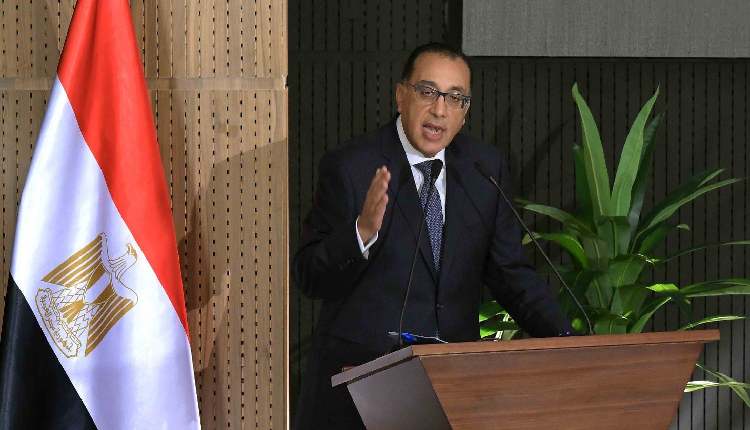Egypt unveils major plan to boost production, investment
Prime Minister Mostafa Madbouly announced that Egypt has identified over 150 categories of imported goods, totaling more than $25 billion in cost. Speaking to reporters on Wednesday, he said the government is offering substantial incentives to reduce imports as much as possible
The incentives include simplified procedures, land allocation, and subsidised financing, where the state covers half the interest on loans for key industries.
The PM also noted that the Industrial Development Group will lead efforts to ease business procedures and stimulate investment.
Tourism Sector Growth and Infrastructure Investments
Madbouly highlighted the importance of the tourism sector, revealing that Egypt had been on track to exceed 18 million tourists annually before the regional conflict. Despite challenges, the sector continues to grow, supported by government investments in infrastructure. This includes airport management upgrades and high-speed railway projects aimed at boosting tourist inflows.
Energy Sector Focus on Renewables
The Prime Minister also addressed Egypt’s energy strategy, announcing plans to reduce fossil fuel imports by expanding renewable energy sources. The Egypt-Saudi electricity interconnection project is a key part of this initiative, designed to enhance electricity generation with minimal fossil fuel usage. Recent petroleum imports were made to avoid summer power outages, but the government plans to cut fuel imports next year.
Rising Remittances and Monetary Confidence
Remittances from Egyptians abroad reached $3 billion last month, reflecting confidence in Egypt’s monetary policies and the stability of the exchange rate. Madbouly attributed this to sound fiscal management and stability in the foreign exchange market.
Clarification on Airports and Bank IPOs
In response to public concerns, Madbouly reaffirmed that the government has no plans to sell state-owned airports. Instead, contracts will be offered for management and operation, while ownership remains with the state. He also clarified that public offerings of state-owned banks will be managed differently, with some banks retaining full state ownership, while shares of others may be offered.
Investment Expenditure and International Partnerships
Minister of Planning Rania Al-Mashat announced that Egypt’s investment expenditure for the year totals 280 billion Egyptian pounds, with 42 per cent allocated to human development. She also highlighted a recent agreement with Germany’s Scatec to finance the export of green hydrogen, showcasing Egypt’s growing ability to attract international funding for economic reforms and renewable energy projects.
Al-Mashat also emphasised that the results of Egypt’s ongoing structural reforms will begin to show within six to eight months after implementation. These reforms are designed to improve the business environment, attract investment, and promote sustainable economic growth.
These initiatives represent the government’s comprehensive approach to strengthening Egypt’s economy, attracting investment, and driving sustainable growth across key sectors.
Attribution: Egyptian Cabinet
Subediting: M. S. Salama


